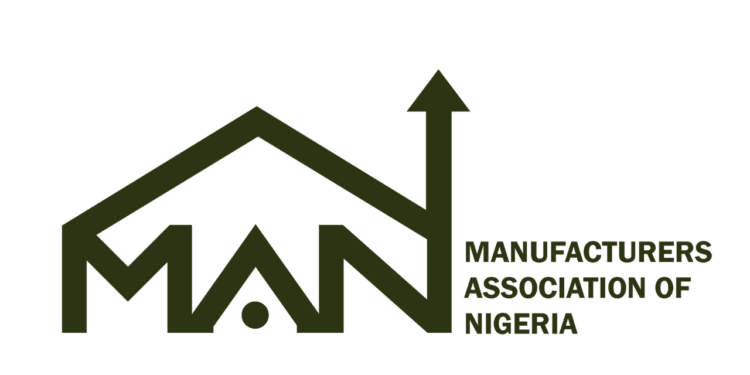The Manufacturers Association of Nigeria (MAN), has expressed its concerns over the impending displacement of local metre manufacturers and assemblers in the downstream of the power sector in the National Mass Metering Programme (NMMP).
The implementation of the NNMP Phase II, World Bank funded supply of 1.2 million smart energy meters.
The director-general of MAN, Segun Ajayi-Kadir stated that, “the advertised financial requirements and the technical specifications by the Transmission Company of Nigeria (TCN) appears to be skewed against local manufacturers as they are outrageously stringent and negate the Central Bank of Nigeria (CBN) guidelines for the implementation of National Mass Metering Programme (NMMP).
“This is a federal government intervention in power sector to accelerate energy meter supply in the country to bridge the metering gap and ought to be in sync with our overall national economic development objectives.”
He stated further that, “we warn that this portends grave danger for the power sector as we may be witnessing a repeat of the ugly scenario in 2012 when local manufacturers where sidelined in the meter supply and the nation was greeted with supply of substandard meters supplied by the foreign companies that were awarded the contract that were later removed from the network.”
It should be recalled that, in keeping with the federal government’s backward integration policy and the advent of the NMMP intervention, manufacturers have made huge investments in expansion of manufacturing capacities, trained and promoted highly skilled workforce to meet the demands of the power sector as envisaged in the Nigeria Electricity Supply Industry (NESI).
Ajayi-Kadir explained that, “the seeming intentional denial of the local manufacturers does not take into cognizance their sterling performance of the nascent local manufacturing.”
He recalled that, “our members have been denied the opportunity to fully execute the contract for the supply and installation of four million energy meters under the phase one of the NMMP scheme.”
He opined that the subsisting Executive order 003 on patronage of made in Nigeria products and the avowed policy of government to give priority and first consideration to local businesses should have made the government to interrogate the world bank documents and actively consulted/engaged Nigerian stakeholders in the sector with a view mainstreaming their inputs.
He said: “the energy meter procurement and pricing should be liberalised. There is no doubt that Nigerians are in dire need of and are desirous of procuring meters, they have only been limited by the unwarranted and stringent processes of applying for energy meters by the DisCos, as well as the indiscretion of some of their operatives.
“We are convinced that the liberalization of the distribution end of the value chain will eradicate these bottlenecks and give fillip to the efforts of government to bridge the metering gap and ensure just electricity billing regime.”



